I just wanted to share with you the background to some of the display Conflict and Consequences and how we (Friends of Willow Court) were able to put it together last weekend. It was easy to get information about wars and times of conflict and it was easy to access documents that told us of the Hospital’s history but the challenge was to see where these two subjects intersected and the people who were involved. The research was done over a reasonable length of time and we had access to a Historian, the Archives Office of Tasmania, the Tasmanian Military Museum and private collector and also we had connections with families. These family connection were what was the most humbling because we were being told of family stories of pride, sorrow and pain. To be able to listen to each of these stories and come to an understanding of that place, that time, and that horror was educational and highly emotive for us, the researchers. A simple thanks doesn’t seem to suffice sometimes. We were able to show the completed stories to some of those families and that was a delight. For a short time we were able to understand the journey that they had to have and some continue to travel.
The history of mental health issues post war is well documented and now days is recognised as post traumatic stress disorder but previously throughout the history of this condition, could have been known as “shell shock”, “melancholy” or simply being “depressed”. It is a condition that some live with and for others it was too much to endure on the human spirit. The hospital’s admission rate increased during these time of world conflict as found in the graph below.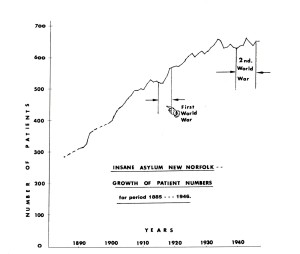 Matron Morey and others returned from areas of conflict themselves and either joined or rejoined the hospital staff. It was these people who supported those that came back only to find life too hard, especially after time spent in camps as a prisoner of war.
Matron Morey and others returned from areas of conflict themselves and either joined or rejoined the hospital staff. It was these people who supported those that came back only to find life too hard, especially after time spent in camps as a prisoner of war.
Some other interesting things we discovered during our research was that a lot of records were used as paper pulp because of the paper shortage experience at the time. Most of the paper was imported from Britain, even the Mercury and Examiner both wrote to the Hospital regretfully informing the administration that they could not longer supply free newspapers. Times were tough when you consider that was the main means of communication with events from abroad and locally. Some files were written on coloured paper as staff were asked to use and reused what ever paper they could including the carbon copies that were often different in colour than the original documents. Some records were also lost during the second world war in particular because of the need to make more paper and this was frustrating when Dr Crabbe came to write the history of Lachlan Park Hospital after his own war service and return after being a prisoner of war. He saw the files before he departed for war and on his return lots had gone. His book was on display last weekend and we had a voice over of the introduction (below).
Here is a small selections of photos of the display.
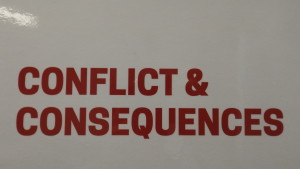
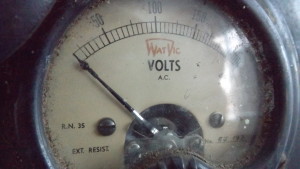
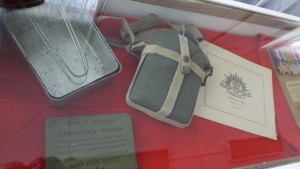
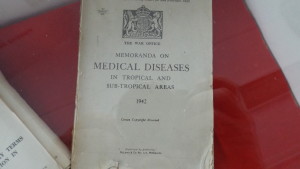
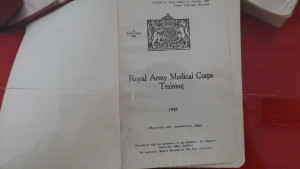
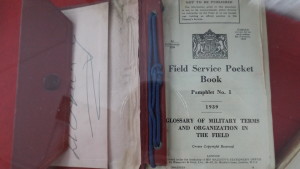
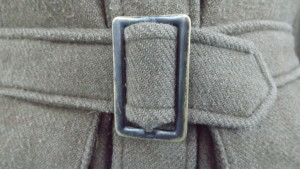
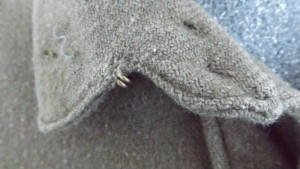
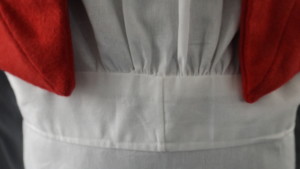
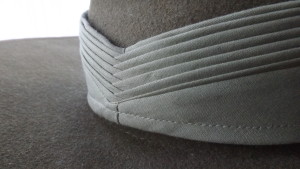
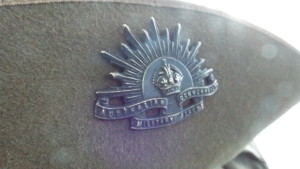
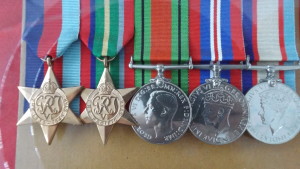
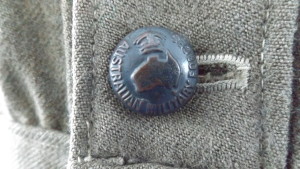
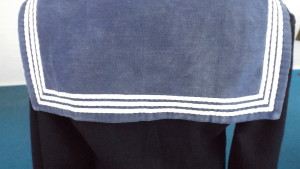
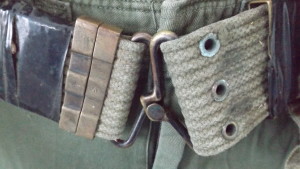
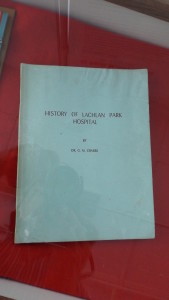
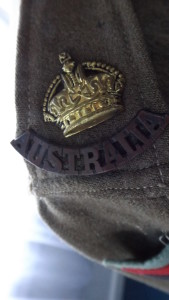
2 Comments
My great grandfather’s internment in Royal Derwent from August 1912 úntil
his death from câncer of the tongue in December, 1935 -23 years of
contínuos internment with few visitors. I obtained last year from T.G.I.U.
the 81 Pages of his patient file..and read it with compassion,sorrow and
pain.The misinformation spread among famíly members and the family
divisions caused.are amazing. The younger generations of the family
(Born atter 1935) where not.told anything! It Was a family life blotted Out
of history.
That is a very common story from families. A colleague of mine saw a patient when she was working there with the same name and when she inquired with her family it was her cousin, the same abandonment issues. It was a common response to forget about your family and it was often staff or a community expectation that you leave and not turn back. How families did that was a painful experience and not of their doing. I hope you can honor your grandfather by making his past known.